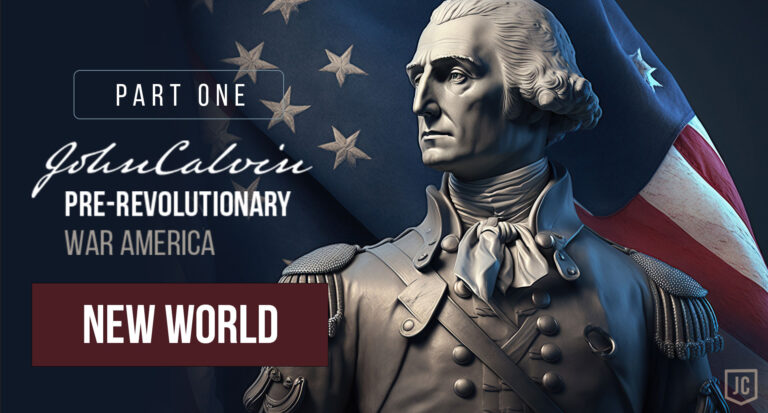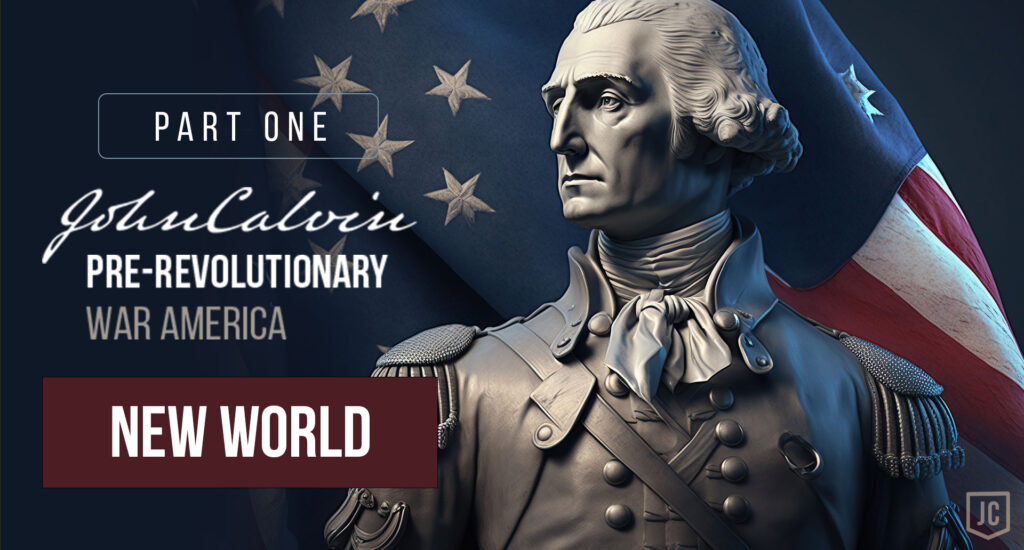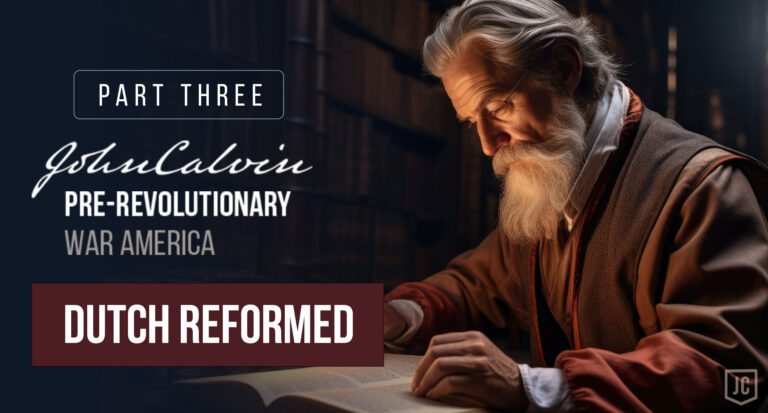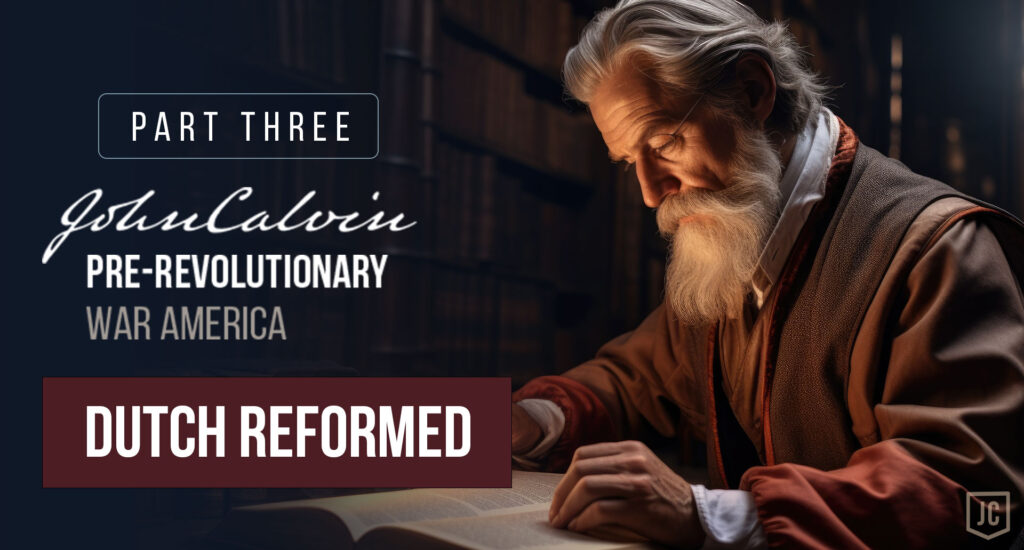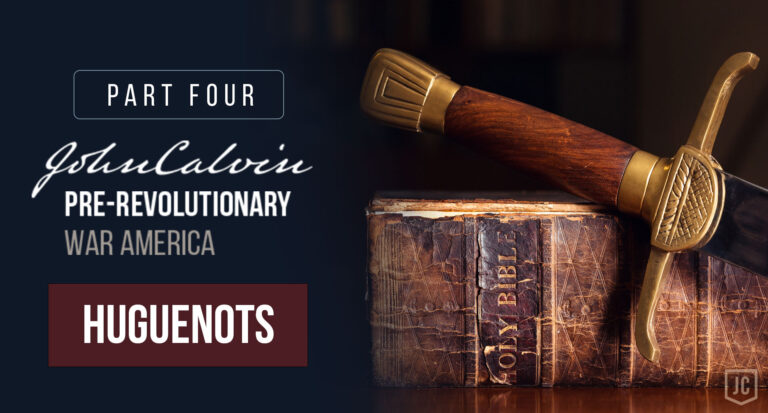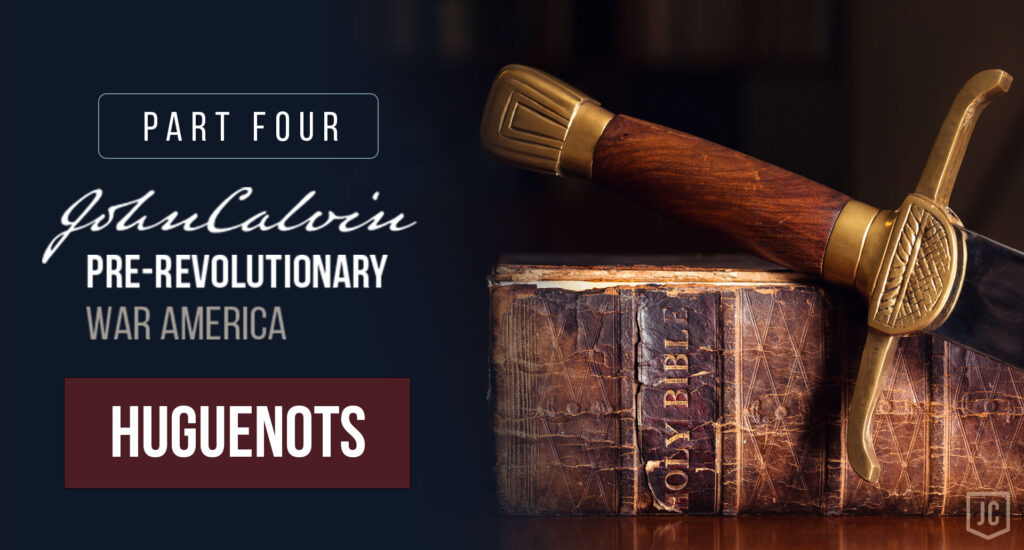5 Doctrines of Grace, Why Do They Matter Today?
In our series up to now, we have explained the five points of Calvinism, also known as the five doctrines of grace. But you may still wonder, “Why does this matter to me in the 21st century?”

In the ever-evolving landscape of modern culture, family dynamics, and even within the walls of the church, the five doctrines of grace remain an essential foundation for understanding who we are and who God is. These five doctrines—total depravity, unconditional election, limited (definite) atonement, irresistible grace, and preserving grace—serve as a summary of God’s saving grace that points us toward the unchanging truth of God’s glory.
In this post, we will explore the critical relevance of these doctrines in our contemporary world, addressing issues in modern culture, family life, and combating heresies in the church while emphasizing why they matter to each of us today.
Modern Culture: Rediscovering Identity and Purpose
In a world where confusion about identity reigns supreme, the doctrines of grace provide an unwavering foundation for us. Our culture grapples with ever-shifting definitions of self, struggling to understand what it means to be human. Reformed theology reminds us that God is sovereign over everything, and His creation is inherently good. Meaning who God created you to be is who you are. This foundational truth confronts the modern trend of self-identification based on feelings and desires and redirects us to God’s intentional design.
The doctrine of total depravity underscores our human inability to do good apart from God, revealing our inherent need for His grace. It is through His unconditional electing love, atonement for our sins, irresistible grace, and persevering power that we find our true humanness by serving Him. Modern culture may question our identity at every turn, but the five doctrines of grace remind us that our true identity is rooted in our relationship with the sovereign Creator.
Families: Understanding and Living God’s Love
We all have unique family dynamics. Some are harder to deal with than others. The doctrines of Grace offer a blueprint for understanding and living out God’s love within our diverse family situations. God’s love for us is the ultimate model for the love we should extend to one another. These doctrines teach us that just as God sovereignly elects and loves His people, we too can choose to love and serve one another unconditionally.
The saving grace of God summarized in the five points challenges the self-centered tendencies that often undermine family relationships. When we recognize that our love should mirror God’s, it encourages us to put the needs of our family members above our own. In a world where selfishness and individualism are rampant, the doctrines of grace serve as a counterbalance, promoting the idea that God’s love flows through us to those around us.
Heresy: Guarding Against False Teachings
The Five Doctrines of Grace serve as a fortress against heresies that dilute the pure grace of God. In a culture that often asserts that humans are naturally good or can earn God’s favor through good deeds, these doctrines challenge such misconceptions. Any compromise on these five points diminishes the grace of God, impacting His glory.
For instance, to propose a partial corruption of humanity instead of a totally depraved humanity misdiagnoses the depth of human evil and consequently downplays the extent of God’s grace. Similarly, suggesting a conditional election based on God’s foresight of human faith undermines the sovereign power of God’s will. By contrast, the doctrines of grace assert that salvation is all of God and brings to light the glory that is rightfully His. Holding to them will give the church a foundation to uphold God’s truth in all seasons.
Freedom: Trusting in God’s Grace
The doctrines of grace offer us the freedom to trust in God completely. They reassure us that all His promises are “yes and amen” in Christ, allowing us to relinquish our obsession with self and our striving for greatness. Our greatness, as these doctrines emphasize, is found in Christ alone. With this understanding, we can rest in the knowledge that God’s yoke is easy, and His burden is light.
To God Be the Glory: The Ultimate Purpose
The primary reason the doctrines of grace should be indispensable in our lives, families, and churches is that they give glory to God alone. They proclaim that salvation is entirely the work of God, and when this truth is grasped, God receives all the glory.
But they also guide us to rediscover our true identity in God’s design, nurture loving relationships within our families, guard us against false teachings, and grant us the freedom to rest in God’s grace.
Their relevance today is undeniable, as they provide the firm foundation we need in a world that is constantly shifting. Embracing the doctrines of grace is not just an exercise in theological understanding; it’s an opportunity to experience the transformative power of God’s sovereign grace and to give Him the glory He rightfully deserves.

